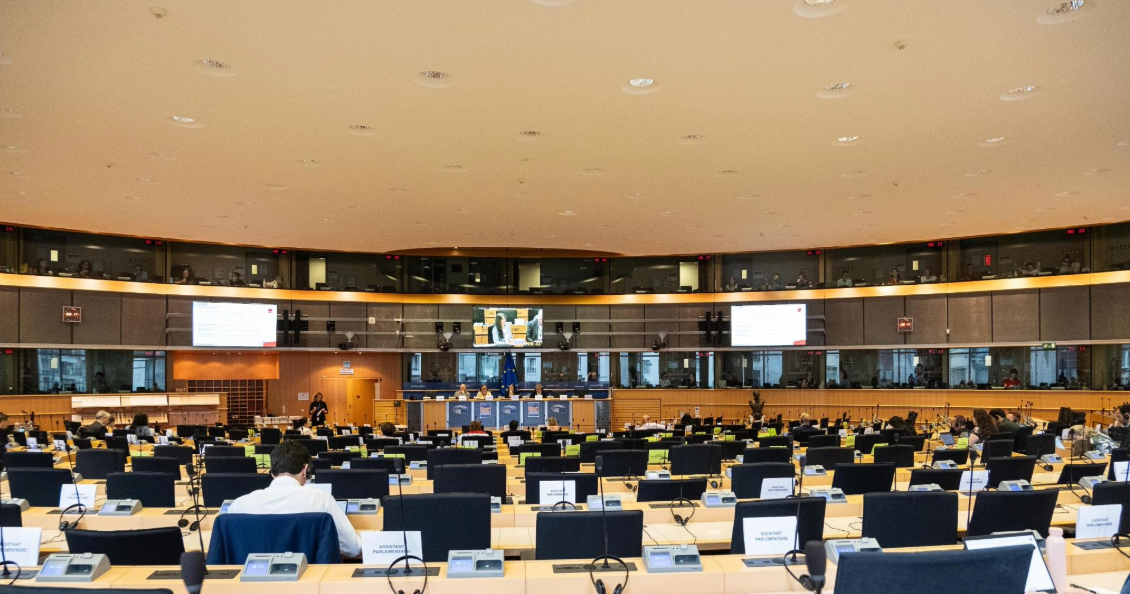Lidl Netherlands ordered to reduce employee workload
09.03.23
Lidl has been given one year to reduce workloads and improve health and safety for workers at its stores in the Netherlands, in a ruling from the Dutch Labour Authority.
The decision follows a labour inspection of Lidl stores, triggered by a complaint from UNI Global Union’s Dutch affiliate FNV, found a violation of the law in relation to high work pressure and workload on employees. Lidl has until the end of February 2024 to put matters right.
The union made the complaint after the low-cost supermarket chain refused to negotiate better working conditions in the light of FNV’s alarming 2019 report titled “Code Red Workload”. The study showed that 72 per cent of Lidl workers experienced an extremely high workload — much higher than the national average of 52 per cent in similar positions.
The report also revealed a whopping 20 per cent of Lidl employees report regular unpaid work and 87 per cent confirmed that the workload has increased in the last few years. The heightened workload has led to many health and safety concerns, including workplace accidents and injuries, according to the union.
Following the report, FNV also pointed out that the company was not fulfilling its legal obligation to cover work pressure and workload in the occupational health and safety risk assessment.
“This is very good news,” said Fatma Bugdayci, a union official at FNV Handel. “We have submitted countless reports, studies and survey to the management, but they ignored the issue and called it ‘alleged’ work pressure. Now, Lidl must really do something about the unhealthy workload that causes high levels of stress and health issues among many Lidl workers.”
The inspectorate may conduct a follow-up inspection to check whether Lidl has taken necessary actions and impose a fine if they are not taken.
“Lidl must negotiate and work with FNV to make sure that Lidl workers have decent and reasonable workload and working conditions,” said Mathias Bolton, Head of UNI Commerce.
“Unfortunately, high workload, occupational health and safety issues, and lack of proper engagement with the unions, are not unique to Lidl in the Netherlands. Through our global network for Lidl, we are committed to working with our affiliates across Europe and the USA to ensure decent conditions and pay for Lidl workers.”
Lidl employs around 20,000 workers across 440 stores and seven distribution centres in the Netherlands, and around 350,000 workers in 31 countries in Europe and the USA.


